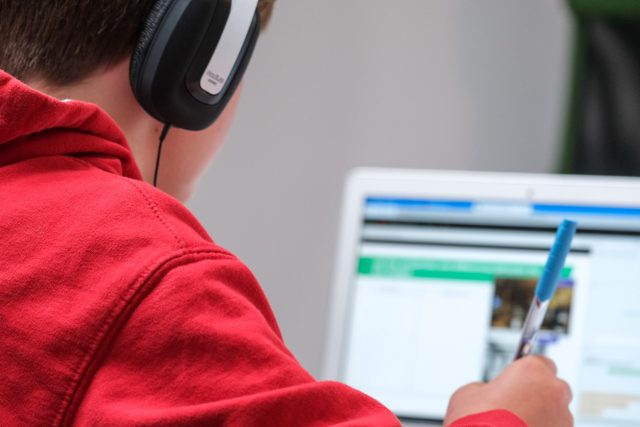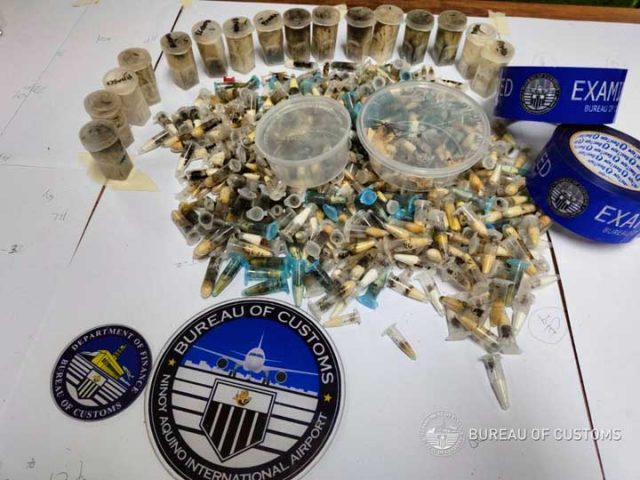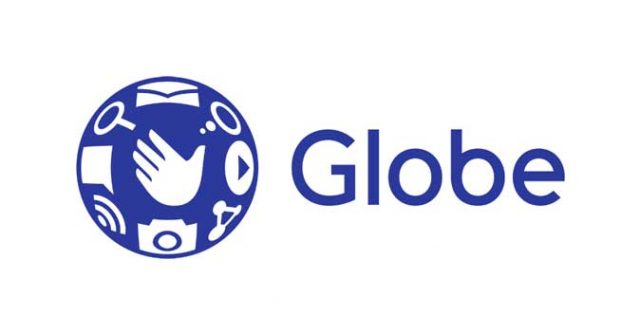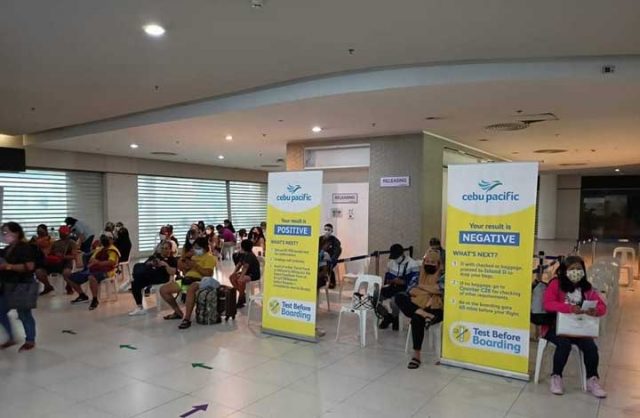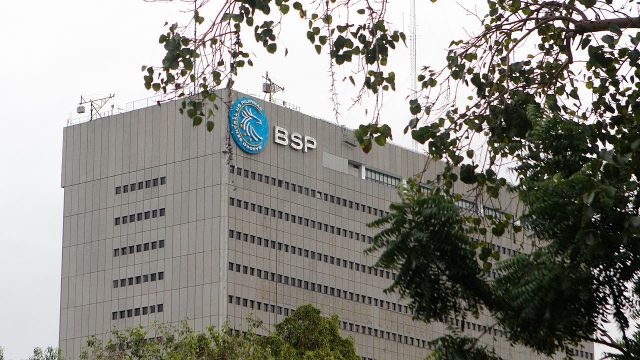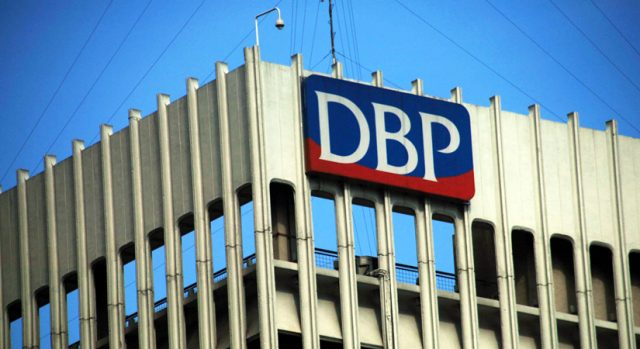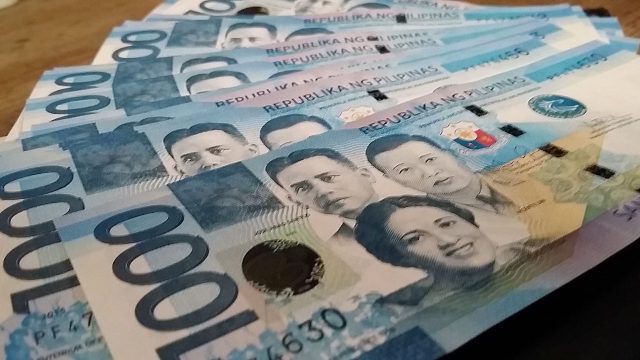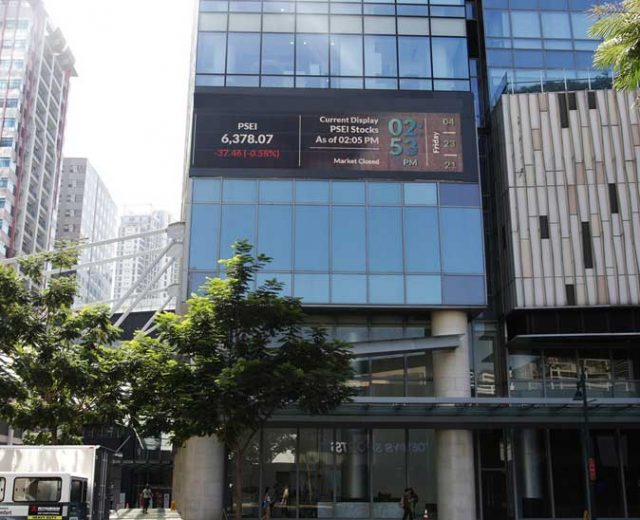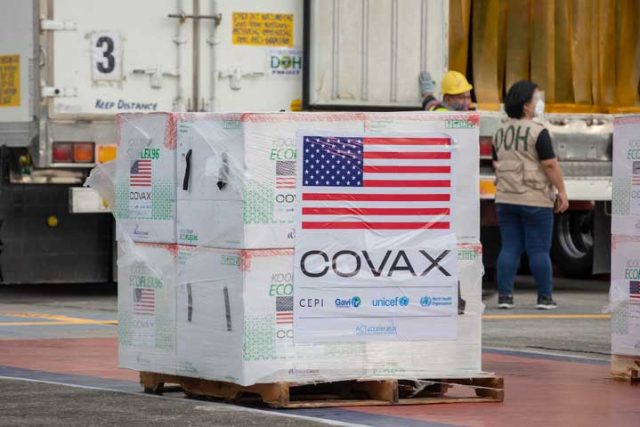Pharmally delivered 2M surgical masks without request from DBM-PS; test kits with limited shelf life delivered
THE GOVERNMENT’S largest medical supplier delivered two million surgical masks “in advance” without a request from the budget department’s procurement service, said Senator Ana Theresia N. Hontiveros-Baraquel on Friday.
Ms. Hontiveros, speaking at the Senate blue ribbon committee hearing, presented a text message from Pharmally regulatory affairs head Krizle Grace Mago to a former staffer of the Procurement Service of the Department of Budget and Management (PS7-DBM) saying that Pharmally had delivered two million face masks. The PS-DBM employee replied in surprise, noting that the company supposedly only had 900,000 in stock.
The senator said that this occurred before the request for quotation had been given, as well as the notice of award.
Raymond A. Abrea, a certified public accountant and the President of the Abrea Consulting Group, said that after auditing Pharmally’s financial statements, “some accounts did not add together.”
Senator Francis Pancratius N. Pangilinan noted that the company’s records were “opaque” and confusing because, as presented by Mr. Abrea, not all documents were included. The Senate body on Friday moved to subpoena Pharmally’s books, account ledgers, and other financial records.
In the text exchange, Ms. Mago also said she was only told to deliver the goods by a certain “boss.”
Ms. Mago, the regulatory affairs head who replied to the text messages for Pharmally, said that she took her insructions from Pharmally Director Linconn Ong and co-owner Mohit Dargani, who both said they could not recall the two million mask advance transaction. — Alyssa Nicole O. Tan
TEST KITS
Meanwhile, the blue ribbon committee also learned that P5-billion worth of test kits were procured and accepted by both the health department and the budget department’s procurement service despite having a shelf life below the required specifications.
Budget inspector Mervin Ian D. Tanquintic, who signed three inspection reports for this delivery, confirmed that based on the terms of reference, they would normally reject transactions inconsistent with required specifications.
Senator Pangilinan said that the test kits were procured from Pharmally within two months. These kits were set to expire after six to 10 months, but based on the Department of Health’s requirements, the procured test kits should have a shelf-life of 24 to 36 months, he added.
“It was determined that the kits would be consumed prior to the expiration date,” said Mr. Tanquintic in the meeting Friday.
“It would have been very irresponsible if we didn’t accept the supply,” Health Secretary Francisco T. Duque III said at the hearing in English and Filipino, “because we know that we’ll be able to make use of all of them”.
The secretary added that “the situation was really dire, the supply was scarce, if almost none, the demand was really acute and overwhelming, so it was very difficult.” — Alyssa Nicole O. Tan


